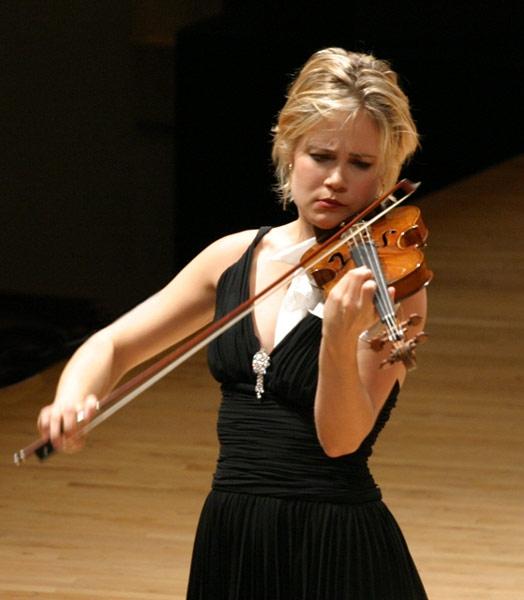"Stockhausen's festive overture from 1977 opens the programme," declared the Proms website cheerily. Come again? Festive? Stockhausen? From my limited but largely enthusiastic knowledge of the music of Karlheinz Stockhausen - much of which is about as festive as Auschwitz - I assumed that this must either be a big misunderstanding or a lively, perhaps German, joke. It was both.
There can have been few composers more ballistically, brilliantly obnoxious than loopy old Karlheinz Stockhausen. Most famously, he declared the attack on the Twin Towers "the greatest work of art". Labelling Jubilee as "festive" - for it was he who first said it, and the Proms who (unwisely) took it as a given - is, therefore, but a minor bit of madness in an ocean of mental instability. For Jubilee is not festive. In any way. Whatsoever.
It is rather engaging, however, though in a perverse kind of way, witnessing as it does the slow collision of two extreme worlds - one massy, low and chordal and another soft, dreamy and burbling - into something approaching a cacophonous start to a festive overture. At the point at which we might, in normal circumstances, get going - where the speed of the chordal world had gathered enough momentum to assume an intelligible tempo - the work ends.
We then had an interval - which was longer than the piece just played - but which I appreciated. And then Sonance Severance 2000, another non-starter of an apparently celebratory work: a huge three-minute premature ejaculation from Birtwistle, with a rather jarring post-coital ciggy of a melody on trumpet. No matter. The real action was to come: the London premiere of Colin Matthews' Violin Concerto - which had been world premiered in Birmingham last year. Sadly, disappointment was to be had here too. A few too many dreary sostenuto passages gave way to metronomic propulsion of an equally uninvolving sort. None of which seemed to bother the lovely Leila Josefowicz, who gave the piece her all - and almost generated some fire from these wet twigs.
Then came a brilliantly flaccid little number from up-and-coming composer Luke Bedford, called Outblaze the Sky. It was a perfect exercise in the uses and misuses of the glissando, Bedford deploying the technique to whisk the sound around the orchestra like a gust of wind does a gnat. And there was more! Another interval and a trip up the Rhine with two great German depressives: Bernd Alois Zimmermann and Robert Schumann. Zimmermann's Rhenish folk pastiches, Rheinische Kirmestänze, written for the radio in the 1950s, were like a German version of Radio 4's much-missed morning medley, the UK Theme.
From this bit of frivolous palette-cleansing we came to a supple, windy, not entirely clean but intriguing performance of Schumann's Rhenish symphony. Knussen and the BBC Symphony Orchestra brought out the oddness of the orchestration: those desperate, prolonged fortissimo tuttis in the first movement, the dark delicacy of the inner movements and the unique supremacy of those blazing horns. But, after a bafflingly incoherent evening of music, did we really need to cap the very odd with the mildly odd?













Add comment